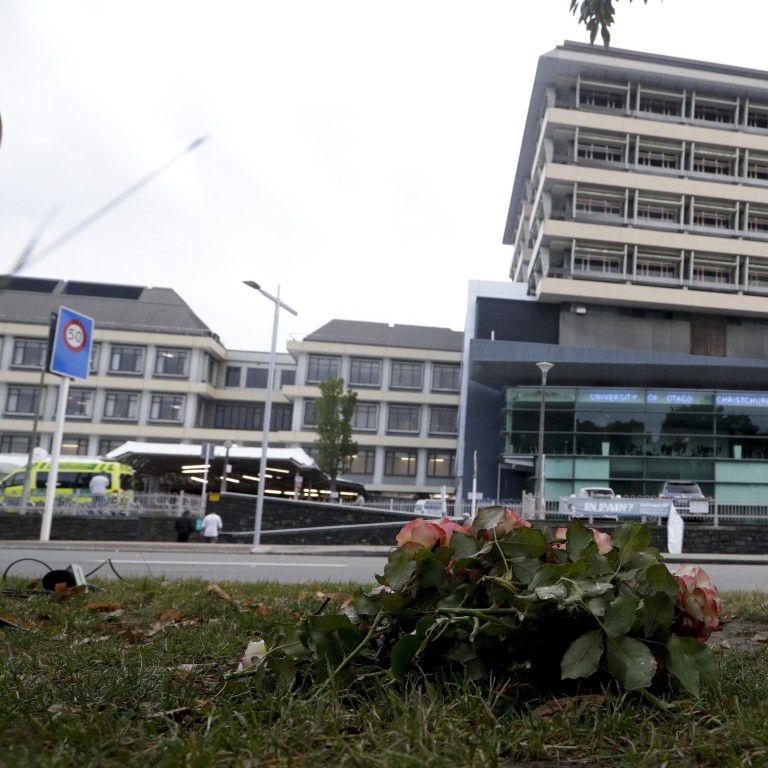
A time for mourning and for solidarity
- After yesterday’s terrorist massacre at two mosques, New Zealanders have to be united in their opposition to such hatred and intolerance
New Zealand prides itself on being a tolerant and open society. The massacre of dozens of people at two mosques in the South Island city of Christchurch has therefore stunned and shocked the nation and prompted an outpouring of sympathy from around the world.
The ideology of those behind the attack has been justly condemned and their actions labelled by officials as terrorism. It is a time for mourning, to offer sympathy to the victims and their families and show solidarity against bigotry and racism.
Four suspects have been arrested and one charged with murder. But none were on security or terrorism watch lists and how they came to have such hatred of Muslims is unclear.
New Zealanders are among the world’s most socially liberal people and their nation of 4.8 million is multiculturally diverse; immigrants are welcome, no matter what their race or religion.
But the nation has not been immune to the global spread of right-wing nationalism and minorities have reported a rise in abuse.
Terrorism is unprecedented, though, and the style of the attack, targeting people with guns and bombs, has caused alarm.
The massacre has understandably put gun laws under renewed scrutiny, particularly those relating to military-style, semi-automatic rifles.
Of the country’s 1.2 million registered rifles, about 15,000 are semi-automatic and in civilian hands.
Such weapons are supposed to have a higher level of police oversight, but loopholes mean that guns with slightly different features, but almost the same function, can fall outside the stricter law, while the rules can also be easily skirted.
Mass shootings in Australia and Scotland in 1996 prompted the widening of a review of gun laws and an independent report the following year made a series of recommendations to tighten controls.
But successive governments have since failed to substantially improve safety and, in the wake of the massacre, efforts have to be renewed.
There are outstanding questions, but most disturbing and not in dispute is that innocent people, immigrants among them, were targeted and killed simply because of their beliefs and who they were.
New Zealanders have to be united in their opposition to such hatred and intolerance.

